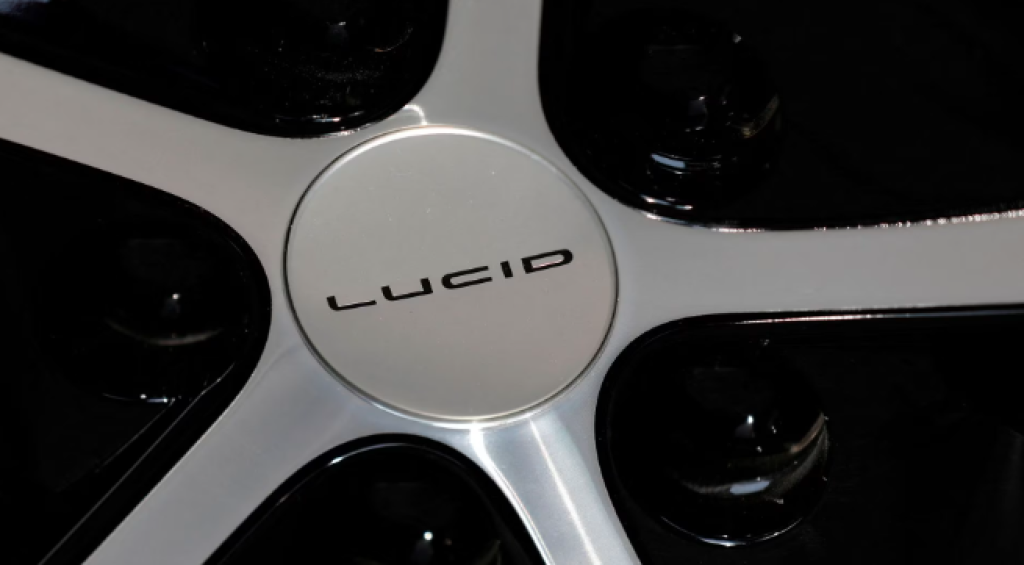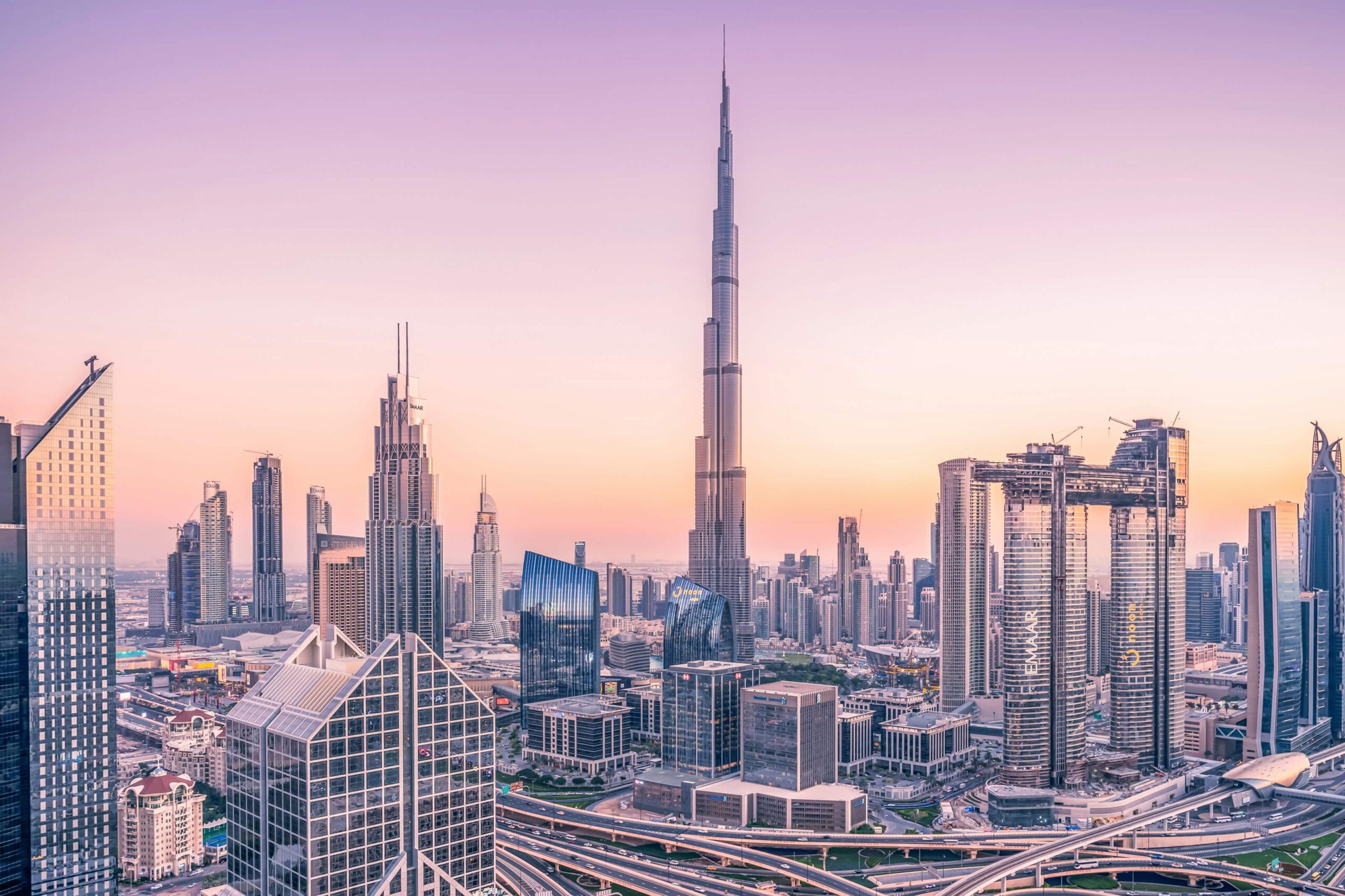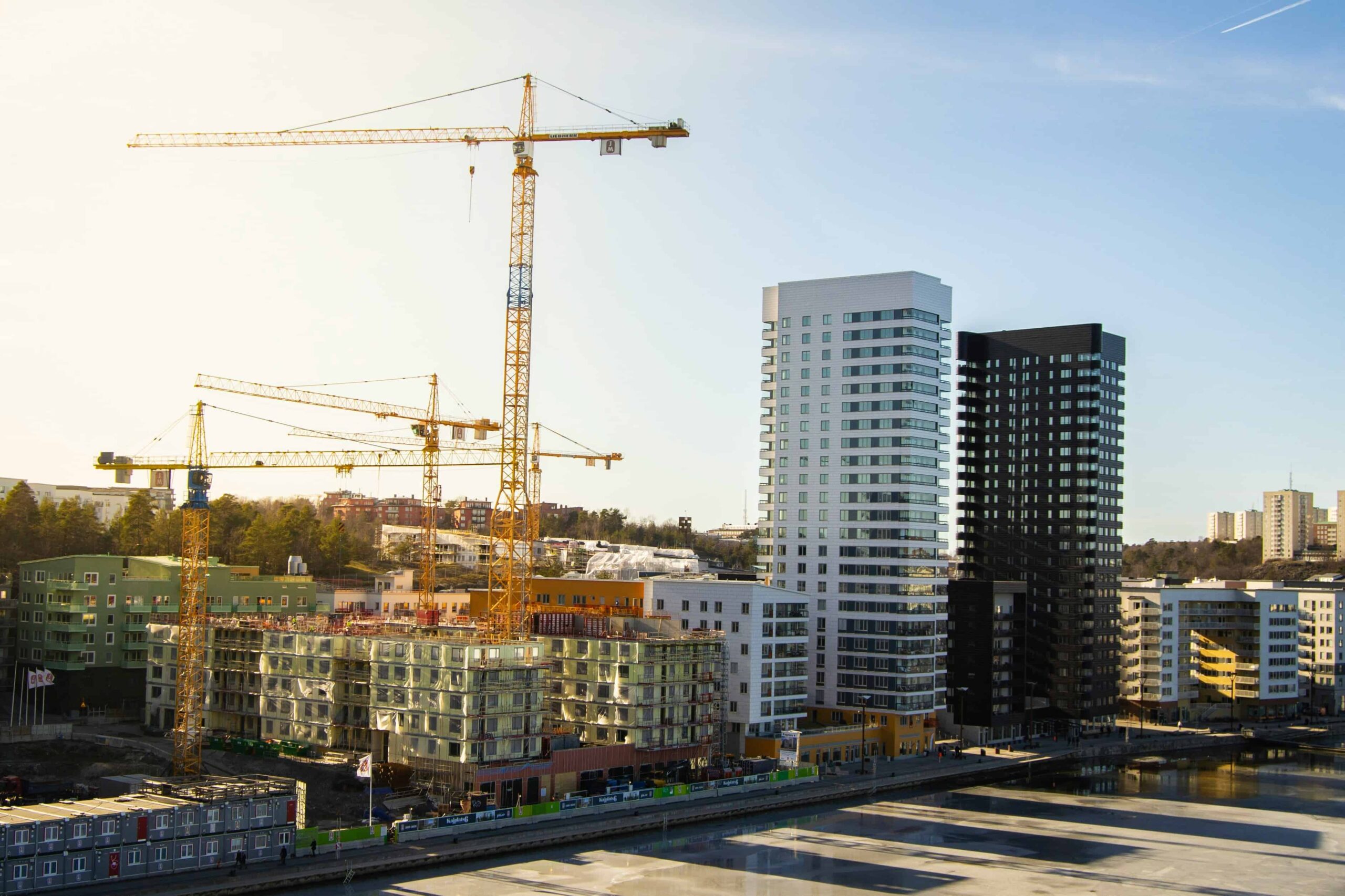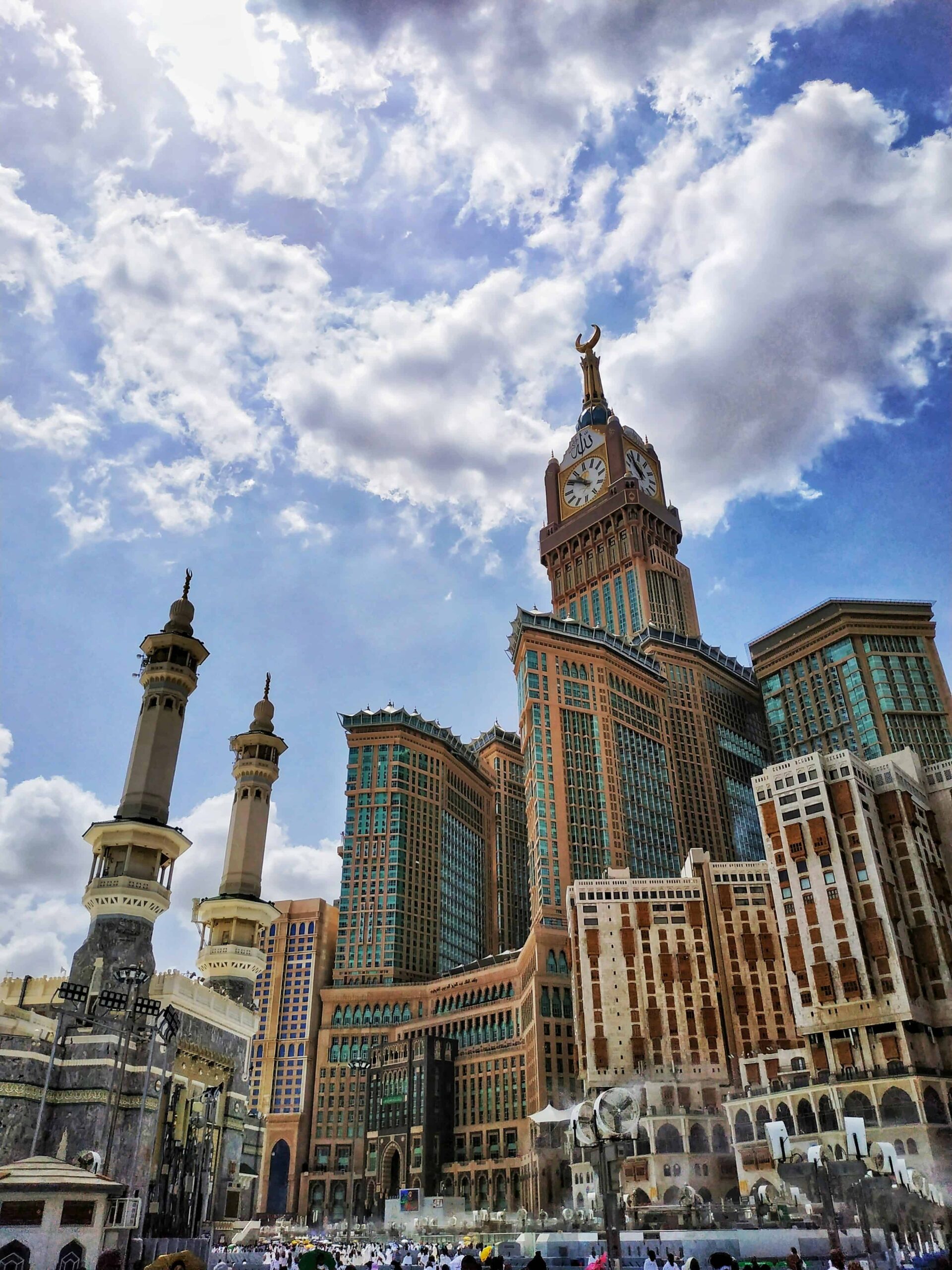Lucid’s electric vehicles are often displayed prominently at public events and financial conferences in Saudi Arabia to symbolise its crown prince’s multi-billion dollar “Vision 2030”.
The electric car maker is among the biggest U.S. investments by Saudi Arabia’s Public Investment Fund (PIF) which has been tasked with driving the kingdom’s ambitious plan to cut its reliance on oil revenue.
For PIF, the Lucid bet is proving challenging.
The U.S. company, in which PIF owns a 60.46% stake, fell well short of analyst forecasts on Tuesday with a sharp first quarter revenue fall and a cut to its 2023 production outlook.
That performance could put another potential dent in Saudi plans to build its own EV industry, which includes Lucid’s first manufacturing plant outside the U.S., as part of its far-reaching diversification plan led by Crown Prince Mohammed bin Salman.
Prince Mohammed is also chairman of PIF, the $620 billion fund which is expected to contribute 1.2 trillion riyals ($320 billion) to non-oil GDP through its portfolio companies and create 1.8 million new jobs between 2021 and 2025.
“The EV manufacturing plan is still one of the boldest parts of the Saudi plan,” said Justin Alexander, director at Khalij Economics and Gulf analyst at GlobalSource Partners.
“Most new EV firms that aren’t Tesla are struggling.”
Shares in California-based Lucid, which has posted net accumulating losses of over $4.6 billion since Q1 2020, closed 5.6% lower at $7.28 on Tuesday after the results. They were trading around $7.24 at 1615 GMT on Wednesday.
That made PIF’s stake worth about $8 billion, according to Reuters calculations. Its investment was worth about $17.4 billion in mid-2022, the wealth fund’s bond prospectus showed, and around $26 billion when Lucid was listed in 2021.
PIF and Lucid did not respond to requests for comment.
ROAD AHEAD
For all the bumps in the road, Saudi Arabia has remained a committed investor in Lucid, whose Q1 investor presentation says PIF has invested around $3.6 billion in it since 2018.
And in March this year, 97.2% PIF-owned GIB loaned Lucid about $266 million and roughly the same amount in April 2022, while the government-owned Saudi Industrial Development Fund also loaned the company about $1.4 billion in 2022.
There was even speculation earlier this year that PIF would buy Lucid out altogether.
The Saudi government has agreed with Lucid to buy up to 100,00 of its vehicles over the next decade.
And construction of Lucid’s Jeddah plant, targeting peak production of up to 155,000 cars a year, got underway last year, local media reported. Re-assembly operations are expected to begin in September, Lucid said in its presentation.
“Rather than fixing on short term results, the future of PIF’s stake in Lucid will be dependent on the plans to build a Lucid factory in Saudi, on taking Lucid private again and/or on the potential integration with Ceer,” said Global SWF Managing Director Diego Lopez of plans for a new Saudi EV maker.
Ceer, a joint venture with Apple supplier Foxconn which was announced in November, aims to draw over $150 million in foreign direct investment, create up to 30,000 jobs and contribute $8 billion to Saudi GDP by 2034.
Source : Reuters





































































